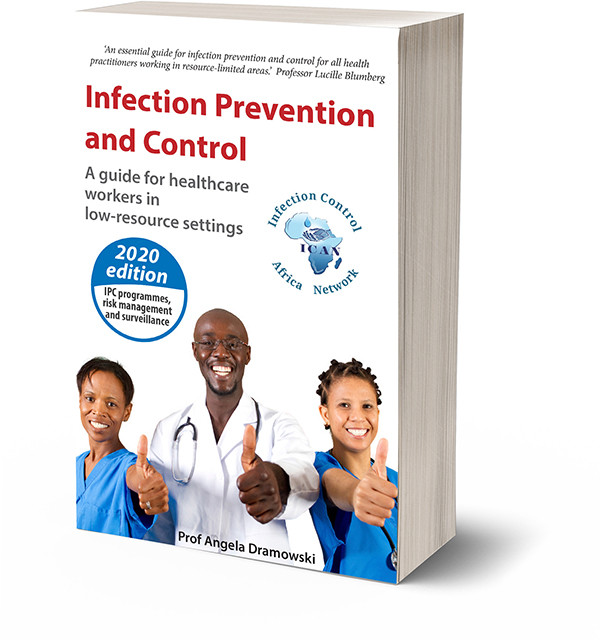Quiz 14: Home and society
Please choose the one, most correct answer to each question or statement.
- How important are the rights of children when considering child health?
- Not important as the provision of health care has nothing to do with rights.
- They may be important but of little value as governments ignore them.
- Child rights are only important in industrialised countries.
- Child rights are very important in planning and delivering social services to children.
- What is the greatest threat to children’s rights?
- A lack of funding for child care.
- A dysfunctional family.
- Not enough doctors.
- Failure of governments to sign the United Nations Convention of the Rights of the Child.
- What is the most effective way of improving the wellbeing of children?
- Improve school education.
- Reduce family size to fewer than 5 children.
- Provide vitamin supplements.
- Reduce poverty.
- What factor at home may lead to emotional or behaviour problems?
- Watching a lot of violence on television.
- Drinking to many cool drinks.
- Eating ‘junk food’.
- Having a poorly educated father who is a labourer.
- When should you consider child abuse?
- When the history does not adequately explain the injury.
- When the child cries during the examination.
- When a child falls out of a tree and suffers a broken arm.
- When the child clings to the mother and refuses to be weighed.
- Why do some people abuse children?
- Because they think it is socially acceptable.
- Because they are not afraid of the authorities.
- Because the are uneducated.
- Because they were abused themselves as children.
- Child abuse is best managed by:
- The family doctor.
- A consultant paediatrician.
- A multidisciplinary team.
- The police.
- When should the authorities be notified about a case of suspected child abuse?
- There is no need to notify the authorities if the doctor is prepared to manage the problem.
- Only notify the authorities if you are certain there has been child abuse.
- The authorities should only be notified if the child has been abused before.
- Always notify the authorities.
- How should a female child be managed if sexual abuse is suspected?
- The parents should be asked to bring the child back when someone with special training is present.
- A vaginal examination should be done.
- Only the anus and genitalia should be inspected for signs of trauma.
- The police should be called immediately.
- What is a street child?
- A child who walks to school.
- A child who sells newspaper on the street over the weekend.
- A child who cycles to visit friends.
- A child who has left home and lives on the street.
- The best place to care for orphans is:
- In their extended family within their community.
- In an orphanage.
- To be fostered by a wealthy family.
- To be adopted by someone overseas.
- Do all children reach the same milestones at the same age?
- No.
- Only if they were born at term.
- Only if they are siblings from the same home.
- Yes.
- When should children be smiling socially?
- By 2 weeks.
- By 4 weeks.
- By 6 weeks.
- By 10 weeks.
- Children should be able to walk well by:
- 6 months.
- 9 months.
- 12 months.
- 18 months.
- Which children are at high risk of developmental delay?
- First born children.
- Children who cannot build a tower of blocks by 12 months.
- Children who had a very low birth weight (less than 1500 g).
- Children who are not fully immunised.
- What is the intelligence quotient (IQ) in mild disability?
- 75–100.
- 50–74.
- 35–50.
- 20–34.
- What is cerebral palsy?
- A type of epilepsy.
- Mental retardation.
- A non progressive motor disorder.
- An emotional problem.
- How should children with cerebral palsy be managed?
- They should not go to school.
- Physiotherapy and occupational therapy are very helpful.
- They should be placed in an institution.
- They should be treated with sedatives to keep them quiet.
- Which emotional problem is seen in older children?
- Breath holding attacks.
- Eating disorders.
- Head banging.
- Sleeping difficulties.
- Attention deficit disorder:
- Is usually seen in girls.
- Improves when a child starts school.
- Is more common in some families.
- Is rare in children with foetal alcohol syndrome.

